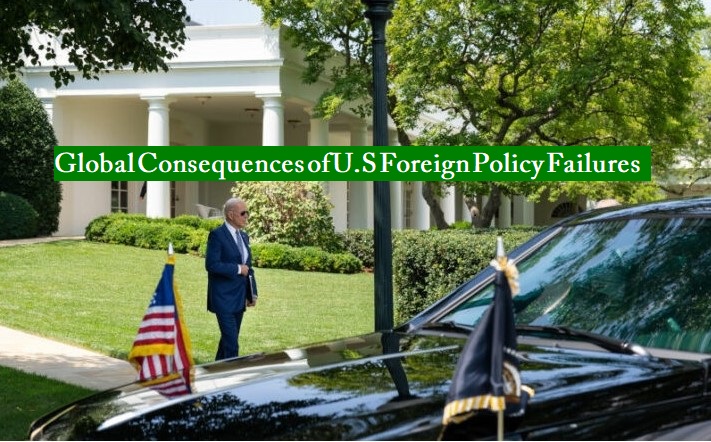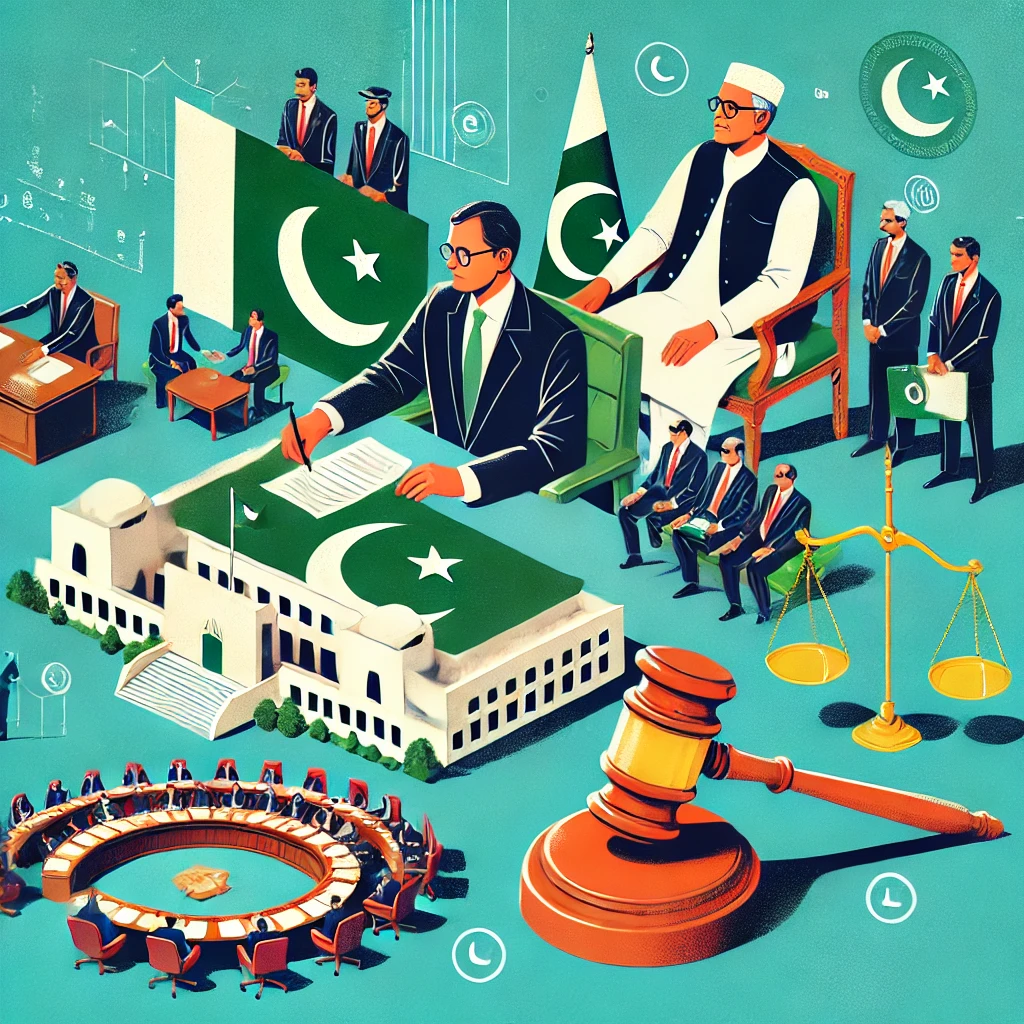
Global Consequences of U.S Foreign Policy Failures

If you’ve been hoping for the collapse of the "New World Order" over the past two decades, you might conclude that U.S. foreign policy has been a series of continuous failures, impacting the entire world. Consider where the U.S. stood at the end of the Cold War and where it is today. In 1993, the Soviet Union was gone, and the United States faced no serious geopolitical rivals.
A few decades ago, Saddam Hussein ruled Iraq, but his military power was crumbling. The Oslo Accords made peace in the Middle East seem close. Al-Qaeda was not yet a major force, and Iran had zero nuclear centrifuges. A "third wave" of democratic expansion was happening, and prominent observers like Thomas Friedman and Francis Fukuyama believed that the world had no choice but to adopt market-based democracy, individual freedom, rule of law, and other familiar liberal values.
Then, we saw how the U.S. used its foreign policy tools to reshape the world, attempting to impose a world order. Since then, there has been a parade of bilateral foreign policy failures, including the rise of al-Qaeda and the 9/11 attacks, the disastrous war in Iraq, the Ukraine war, the devastating situation in Syria, and the Israel-Palestine peace process. Now, Russia and the U.S. are at odds over Ukraine, and Moscow is drawing closer to China. In the Arab world, Libya, Syria, and Yemen are engulfed in civil wars, for which the U.S. bears at least partial responsibility. A new extremist movement, ISIS, filled the power vacuum created by the failed U.S. occupation of Iraq, leading to further destruction in the region. After 20 years of war in Afghanistan, the U.S. faced a humiliating withdrawal.
Wherever American interests are at stake, its foreign policy appears to succeed. For instance, the peace treaty between Israel and Jordan and ending the war in Bosnia served U.S. interests, so these were achieved. However, resolving issues like Kashmir or Palestine is not in America's interest, so they are not key goals of its foreign policy.
There are also some notable successes in U.S. foreign policy, such as helping prevent nuclear weapons from spreading out of the former Soviet Union and creating an effective coalition to curb the spread of WMD technologies through President George W. Bush’s Proliferation Security Initiative. Washington skillfully managed the 1994 Mexican Peso crisis and played a central role in creating NAFTA and the World Trade Organization. The PEPFAR program helped reduce the spread of AIDS in Africa. The U.S. also led effective humanitarian aid efforts in Indonesia, Haiti, and Pakistan.
In short, the recent track record of U.S. foreign policy includes both failures and successes. Comparing these, it can be concluded that America will go to great lengths to achieve its interests. For example, in Pakistan, the U.S. was largely successful in social engineering, which Pakistan suffers from today.
For decades, the U.S. worked with Pakistani NGOs to influence the youth, teaching them about democracy, freedom, and liberalism. The current unrest in Pakistan is partly a result of these American policies. American media rarely discusses U.S. foreign policy, viewing American interests as their own. However, the situation is different in Pakistan. Unfortunately, Pakistan's institutions are asleep. It remains to be seen where Pakistan will stand in U.S. foreign policy in the coming days.











